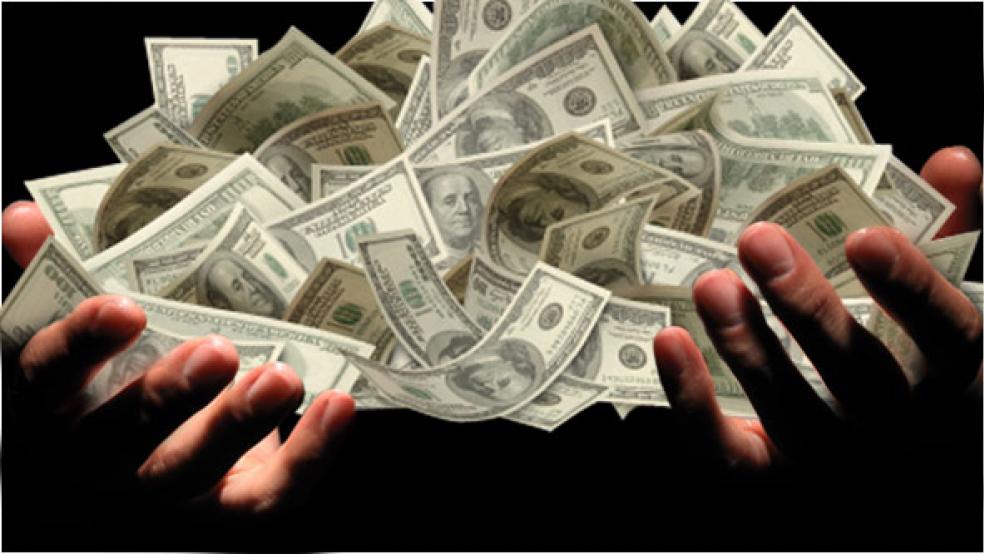The Federal Reserve’s decision in December to increase interest rates for the first time in nearly a decade will cost credit card holders nearly $1.3 billion in additional interest over the next year, according to a new report.
That’s because interest rates on existing cards have increased in lockstep with the central bank’s quarter-point hike in December, according to credit card comparison site CardHub. The site also found that the average annual percentage rate on new credit cards also has gone up 22 basis points since the Fed’s rate increase.
While $1.3 billion sounds like a large number, the bump-up in rates isn’t too much of a financial burden for most individuals — so far.
Related: The Fed Just Raised Rates. Here’s What It Means for Your Money
“Most consumers aren’t going to even notice that or be aware of it,” says Dennis Dixon, CEO of financial software company Zoot Enterprises, which works with credit card companies. “And it won’t make a difference to people who aren’t accruing interest” — those who pay their balance off in full each month.
For example, say you have $15,355 in credit card debt, which is the average among American households with credit card debt. If the interest rate is 15 percent and you pay $500 every month, it would take 39 months to pay off the balance. In total, you would pay $4,138 in interest. But if the rate were 15.25 percent, it would take 40 months to pay off the debt, and you would pay $96 more in interest.
Still, as the central bank gradually raises rates this year as expected, interest rates on credit cards will increase as well, making borrowing even more expensive. Dixon noted that banks don’t have to inform credit card holders if their variable rate goes up due to an increase in overall interest rates.
Related: 5 Cities with the Most Credit Card Debt
“Responsible borrowing is more of a concern now as rates go up,” says William McCracken, CEO of Synergistics Research, who noted that card rates may also increase faster than other loan rates because credit card lending is riskier. “Forgo that daily Starbucks and use that money to pay down that debt.”





